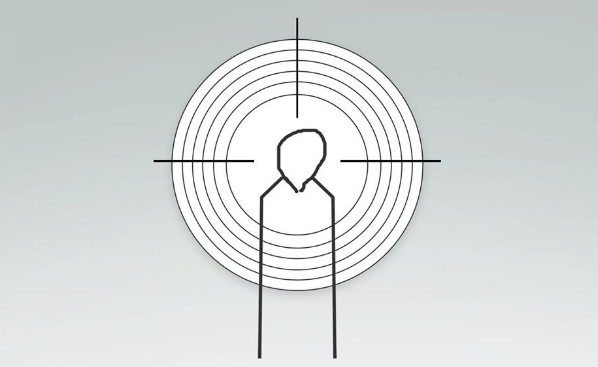The Egyptian Front monitored the terrorism circuits during the first half of 2020 to renew the pretrial detention of at least 8,311 defendants, in which it has issued decisions to release approximately 122 of them, or about 1.5% of the total number of defendants before them.
Through reviewing the lists of imprisonment renewal lists and the circuit decisions to release, renew imprisonment or postpone hearing, the Egyptian Front has found and believes that during that period, the heads of the terrorism circuits were not keen on the lives of the imprisoned defendants, and they did not take decisions that contribute to limiting the spread of the Coronavirus among the pretrial detainees, rather the circuits insisted on following almost one pattern with all the defendants, which is not reviweing the case papers neither considering the different legal positions of the defendants, so that most of the circuit decisions come either to renew pretrial detention for a period of 45 days, or to postpone the consideration of the detention order for another session.
How the terrorism circuits handled the Coronavirus situation
Due to government measures accompanying the spread of the Coronavirus, the terrorism circuits stopped considering renewals of pretrial detention and postponed consideration of renewal decisions from March 17 to May 3 (45 days), and the departments reconvened on May 3, but they were considering renewal decisions without bringing the defendants out of their custody. And sometimes without their lawyers, in violation of the Criminal Procedure Law. The decisions of the circuit are issued to automatically renew for a period of 45 days or to postpone the consideration of the decision for another session, and the first session in which the defendants attended was on July 18.
Decisions in breach of the law
On May 2, the President of the Cairo Court of Appeal issued Decision 145/2020, for the criminal circuits commencing their work since the first week of May to consider the issue of renewing imprisonment without the defendants being present from their incarceration, a decision which in turn is in violation of the Criminal Procedure Law 150/1950 in which Articles 136 and 143 state:
“That the investigating judge must, before issuing a detention order, hear the statements of the Public Prosecution and the defense of the defendants. The detention order must include a statement of the crime attributed to the defendant, the penalty stipulated for it, and the reasons on which the order is based. The provision of this article shall apply to orders issued to extend preventive detention, in accordance with the provisions of this law.”
Procedural violations practiced by the terrorism by the Terrorism Circuits
Since the renewal of detention hearings in the terrorism circuits were reconvened on May 3, many procedural violations have been observed:
First: The terrorism circuit started a number of renewal sessions without the presence of the defendants or allowing their defense lawyers to appear before it and litigate on their behalf, and its decision came to continue imprisoning the defendants for 45 days.
Second: In a session held under the presidency of Counselor Moataz Khafaji on May 3, 2020 to consider the decision of extending preventive detention of 154 defendants held in custody pending 15 cases. The circuit issued a decision to postpone consideration of the renewal of the session until May 10, 2020, and that was due to the inability of the defendants to attend, without taking into account that the legal period stipulated for renewal of detention is 45 days, which would consequently lead to dropping the imprisonment of the defendants in many cases for exceeding the period of 45 days
.
Third: The Terrorism circuit did not take into account the health conditions of some of the defendants as well as the elderly, especially in light of the danger resulting from their continued imprisonment due to the Coronavirus epidemic, as the second circuit for terrorism felonies on May 4, 2020 renewed the pretrial detention of 556 defendants held in custody pending 45 cases, without their presence from their detention or hearing Pleading the defense against breaking the law.
Fourth: The maximum limit for pretrial detention is two years according to the law, which means that by the expiration of this period, the defendants must be released, but the terrorism circuits did not apply Article 143 of the Criminal Procedure Law, as the judges insisted on renewing the detention of some of the defendants held pending a number of cases despite exceeding Their owners are the two years legally stipulated.
Monitoring the performance of the terrorism circuits in the pre-trial stage
1- First Quarter of 2020
| Total sum of the first quarter of 2020 | 27 sessions | 525 cases | 2941 defendants | Decision to release at least 81 defendants |
2- Second Quarter of 2020
| Total sum of the second quarter of 2020 | 22 session | 760 Cases | 5370 defendants + two lists that the lawyers could not reach | 41 defendants were released. Terrorism circuitts accepted the prosecution’s appeal regarding them, and ordered their continued detention |

